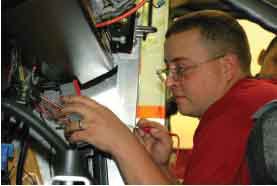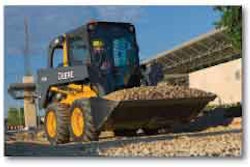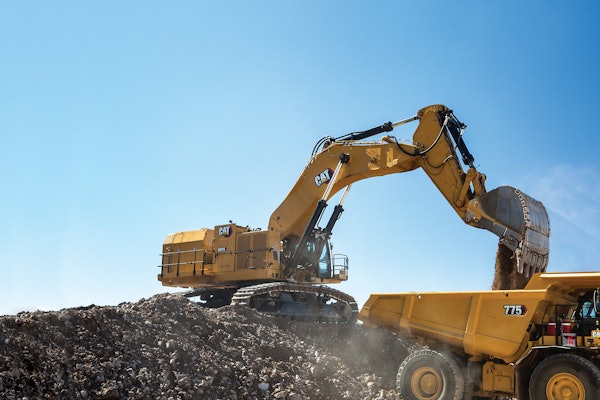Technician training
What small contractors can learn from big fleets
By Marcia Gruver Doyle and Jack Roberts
It’s easy to think that large truck fleets like Walmart and FedEx have the all the resources you don’t have to properly train their technicians, but in many cases they also have the right mindset. Much of this thinking can be easily adopted by small construction fleets:
• Realize that trained technicians are key drivers in controlling maintenance costs and reducing downtime. “At the end of the day, you’re going to have fewer road failures, because you can better control the quality of those repairs using your own people,” says James Mathis, senior manager of global vehicles for FedEx Express. “Anytime you can develop your people, the long term result is a reduction in overall operating expenses.”
• Know that educated mechanics make good decisions. This means they effectively use shop diagnostic equipment and only use the parts required, says Eric Benge, regional maintenance manager for Walmart Transportation. On the other hand, untrained mechanics chase ghosts and throw parts at a problem, resulting in high parts costs and repetitive downtime.
• Make it consistent. Large fleets can get several hundred new models in a short time period – sometimes involving a completely new brand, so you can’t stay complacent, says Nick Knebal, lead automotive technician, U.S. Postal Service. “You have to keep educating yourself slowly so it’s not such an overwhelming task to figure out how these new vehicles work,” he says.
 Give your technicians a chance to show off. Many large fleets hold technician rodeos, competitions that can mean both extra recognition and money. Here, a technician demonstrates his skills at a U.S. Postal Service SuperTech competition. Small contractors could scale such a competition down to meet their needs – and have some extra fun.
Give your technicians a chance to show off. Many large fleets hold technician rodeos, competitions that can mean both extra recognition and money. Here, a technician demonstrates his skills at a U.S. Postal Service SuperTech competition. Small contractors could scale such a competition down to meet their needs – and have some extra fun.• Keep your training promises. “Nothing damages the credibility of a manager or morale of a work group more than the promise of training that never happens, or is inadequate,” says Mathis.
• Explore your in-house talents. “Everyone’s got their own niche,” says Bonne Karim, fleet training manager, U.S. Postal Service. “One person is really good a brake problems, another’s good at electrical systems and still another is good at transmissions.” It may be an older guy who’s been dealing with a problem for years … or a young person who just learned it in school. Know what they know.
• Listen. “Your technicians will tell you what they need,” Benge says. “Seek out a continuing education platform that works for your organization. Establish a multi-pronged approach and remember there is no ‘one size fits all’ program out there.”
An automotive educator sums it up: “Your technicians are a competitive tool. They’re absolutely critical to your fleet’s ability to make a profit,” explains Guy Warpness, campus president, WyoTech technical college in Laramie, Wyoming. “If your trucks aren’t moving, they’re not making money.” EW









